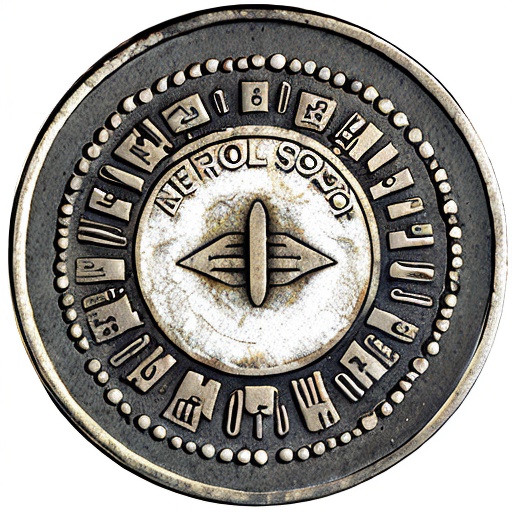According to the World Bank, about 25% of the population in Peru is unbanked. This means that about 25% of the population does not have access to formal banking services, such as savings and checking accounts, loans, and other financial products.
Julio Velarde, the president of the Central Reserve Bank of Peru (BCRP), stated that they view a “centralized digital currency” as a means to bring more people into the banking system.
“We see a centralized digital currency as a solution for the unbanked. If we have a record of all their transactions, it will be easier for them to access credit. We have seen many fintechs wanting to access this information,”
Julio Velarde in Davos, Switzerland.
During his presentation at the annual meeting of the World Economic Forum (WEF), Julio Velarde, the president of the Central Reserve Bank of Peru (BCRP) shared his views on the use of centralized digital currency as a means for expanding financial inclusion.
Centralized digital currencies, also known as Central Bank Digital Currency (CBDC), are digital versions of physical legal tender that are liabilities of the central bank. These currencies can be made available to the public (retail CBDC) to conduct digital transactions and promote financial inclusion in developing countries.
Velarde stated that through past experience, they have come to realize that a digital currency revolution must be led by the Central Bank. He added that it is important for banks to see it as a profitable business, in order to promote its adoption.
He also mentioned that the focus will not be primarily on B2B transactions. The Central Reserve Bank of Peru (BCRP) is currently in the process of developing its own digital currency, but have not yet determined the specifics.
He is currently working with the IMF to create a pilot. “It is difficult to know what will happen. It may be similar to digital wallets, but for unbanked people,” added Julio Velarde.
